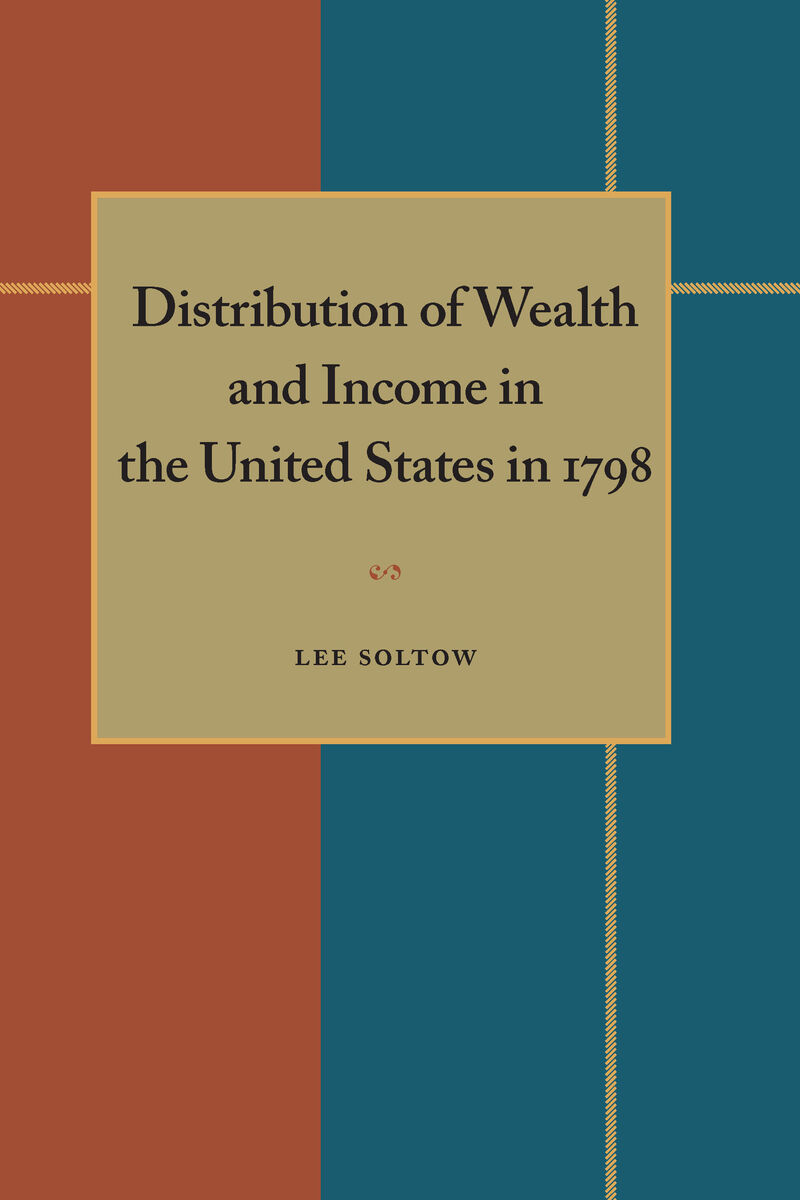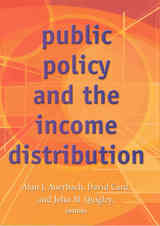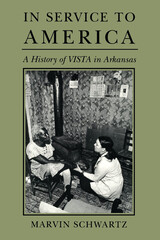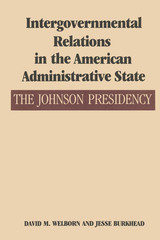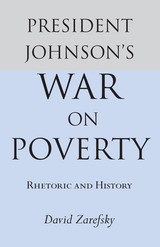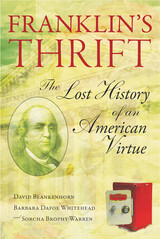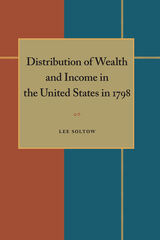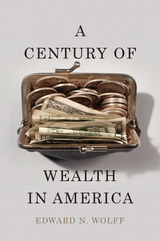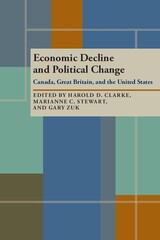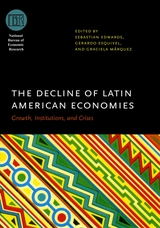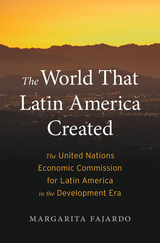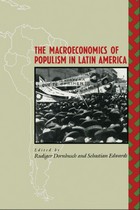Distribution of Wealth and Income in the United States in 1798
University of Pittsburgh Press, 1989
Paper: 978-0-8229-8521-1 | Cloth: 978-0-8229-3620-6 | eISBN: 978-0-8229-7665-3
Library of Congress Classification HC110.W4S63 1989
Dewey Decimal Classification 339.20973
Paper: 978-0-8229-8521-1 | Cloth: 978-0-8229-3620-6 | eISBN: 978-0-8229-7665-3
Library of Congress Classification HC110.W4S63 1989
Dewey Decimal Classification 339.20973
ABOUT THIS BOOK | AUTHOR BIOGRAPHY | TOC | REQUEST ACCESSIBLE FILE
ABOUT THIS BOOK
Lee Soltow examines wealth and income in the United States during the Federal period, at a time when state constitutions were formed, national tax laws written, and policies for banking, credit, and debt first formulated. Soltow bases his study on the national census of 1798, which catalogued nearly every piece of property in the United States -land, dwellings, mills, and wharfs-in order to levy the First Direct Tax. He complements this with information from the 1790 and 1800 United States censuses, and with data gathered fifty years before and after this time, to offer an exhaustive survey of the distribution of wealth in early America. He then compares these findings to conditions in Europe during the same period, and discovers that, while wealth in America was not evenly dispersed, it was far more equal than European nations.
See other books on: Distribution | Income | Income distribution | Revolutionary Period (1775-1800) | Wealth
See other titles from University of Pittsburgh Press
